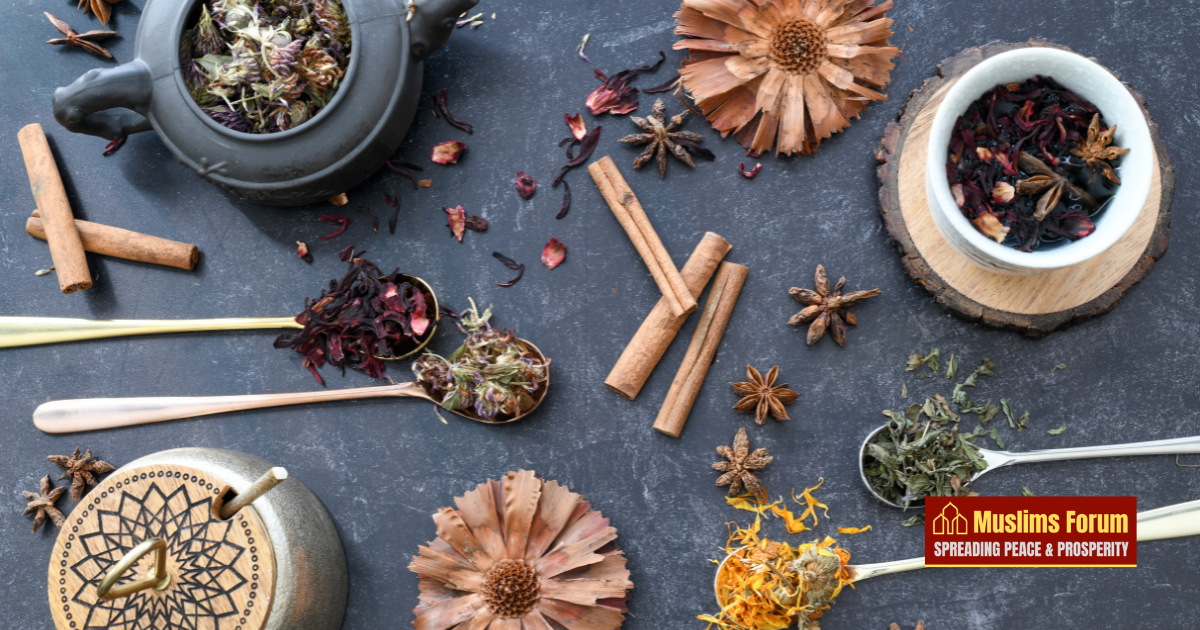As the global wellness industry continues to expand, many Muslims are turning to Islamic holistic health practices—not merely as cultural traditions, but as deeply rooted, spiritually aligned tools for achieving physical and emotional well-being. From Hijama (cupping therapy) to herbal remedies, and Sunnah superfoods like honey, dates, and black seed, these time-honored Prophetic practices are experiencing a meaningful revival in today’s fast-paced, health-conscious world.
What makes this shift even more compelling is how seamlessly Islamic wellness aligns with modern wellness trends. Clean eating, mindfulness, and natural living are concepts often hailed by contemporary health advocates—yet they have long been embedded within the teachings of the Prophet Muhammad ﷺ. For example, the emphasis on eating in moderation, being present and grateful while eating (tasmiyah), and choosing pure, wholesome foods (tayyib) are all practices endorsed by Islam over 1,400 years ago.
Take Hijama, for instance—once seen as a niche or traditional remedy, it’s now being recognized for its potential therapeutic benefits in areas like detoxification, improved circulation, and even pain relief. Similarly, the use of herbal treatments such as senna, olive oil, and black seed (Nigella sativa) has gained traction among Muslims and non-Muslims alike, as people search for more natural alternatives to pharmaceutical drugs.
Read More On Muslim Forum

